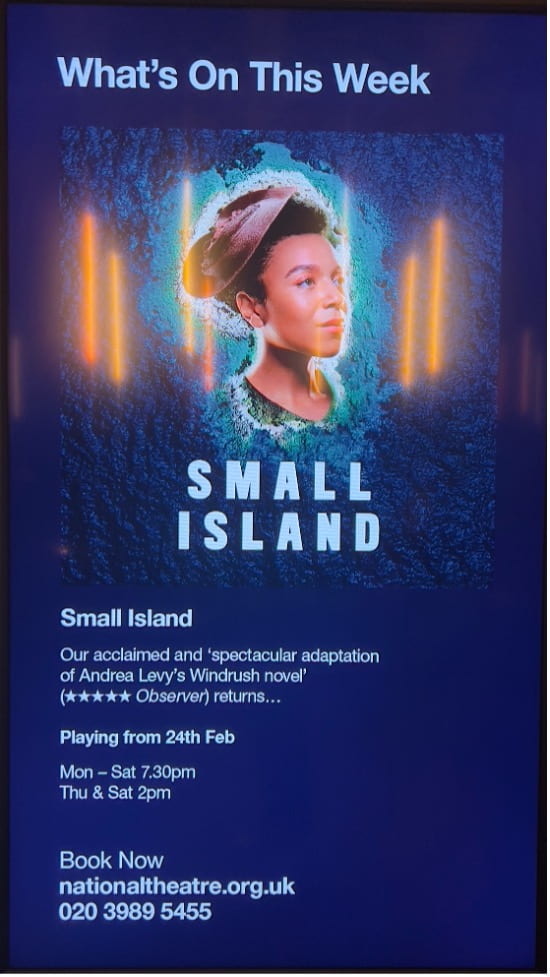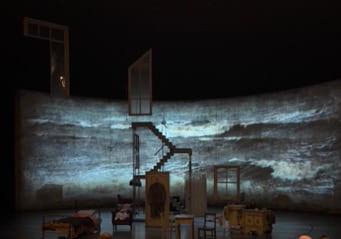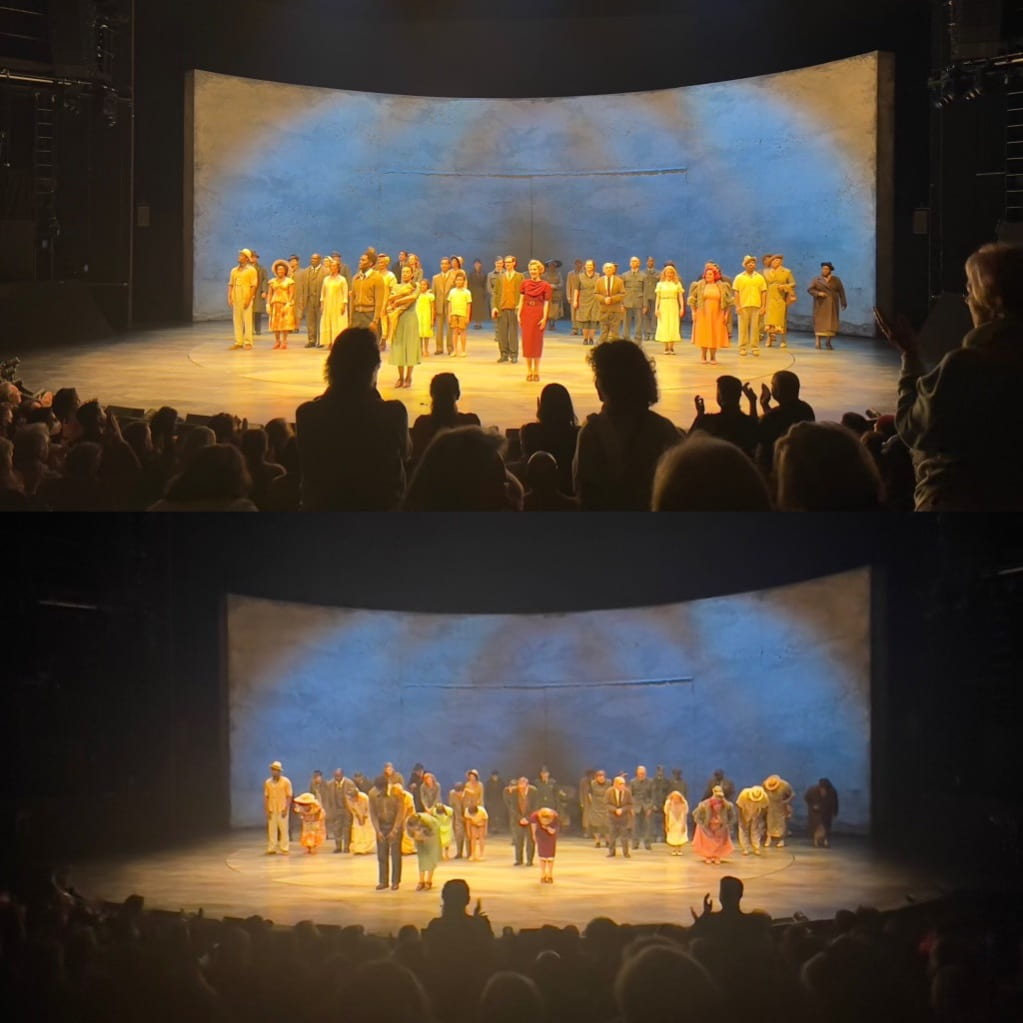Small Island, Small World
Justin T. Andries

Being a child and grandchild of immigrants, I had an idea of what it felt like to uproot your life and move to unfamiliar terrain in search of a better life. My mother, along with her five siblings and my grandparents, came to the States when she was about ten years old. They went from plucking mangoes and oranges on their way to school and helping out on the farm, to transferring trains in the Big Apple trying not to get lost in the concrete jungle. I saw a lot of parallels in the lives of many characters in the play to my family. Like any immigrant family, assimilation into this “new world” was not easy but somehow, they managed.

After reading Small Island and seeing it live, I realized that we all share the same stories, that we all went through the same struggle of trying to navigate through a world where you aren’t welcomed. Small Island reminded me of all things that I am grateful for – family, education, safety, the ability to articulate my thoughts, and freedom. From the set designs and screen projections to the authenticity of the characters, this play was able to tell the narrative of migrating to a new country in the most authentic way. Each character was complex and only added structure to the story Andrea Levy was trying to tell. Through this play, we saw the lives of a Caribbean couple who started a new life in the “mother country” of Britain with their dreams and aspirations clutched tightly to their hearts, only for it to be shattered by reality. They depicted that even if one came from wealth or fought in the war, hatred and hostility waited patiently on the path to a better life in England during the 40s. We also see the other side of the narrative with Queenie and Bernard – a white woman with her racist husband who highlights the illogical fear of race in post-colonial England. Bernard perfectly depicted inside the mind of a man who hasn’t been taught about race as it was constructed in the UK and therefore further perpetuated this ignorance through his encounter with the black people around him.
This play should be used to remind us that we all have a small island in our mind inhabited by ignorance, fear, and lost dreams that isolate us from the rest of the world. It is meant to remind us that the story of England is equally a story of its black population as well as its white population. Most of the time only half of the story is told. I’m glad that the other half is finally being educated to our society.
All in all, Small Island was amazing, and I highly recommend seeing it or at least reading the play. What surprised me the most was the audience. I enjoyed watching my white counterparts learn about stories like Gilbert’s and Hortense’s and seeing their honest reaction to their hardships and struggles. It was a pleasure watching them engage with Caribbean culture – the accent, the dancing, the personality, and I only hope that their experience watching Small Island was as positive as mine.






